Last week we launched our survey: “Who’s in the driving seat of your health?”, to gather data on how people feel about various issues around self-care and health empowerment.
The survey will remain open throughout May. So far 223 have completed the survey and we’re hoping to get this number to a 1000 before the end of May – so please do what you can to share the survey link as widely as you can. Now is the time!
The survey’s simple to complete, consists of a straightforward tick box process, and takes five minutes or so of your time. The results are providing us with important information that we can take to policy makers and elected representatives as part of our mission to increase the adoption of natural health by the public and health professionals alike.
Looking at the results so far, we can already see how important natural health is to many people’s lives. Over 60% that have responded so far consider themselves to be in the driving seat of their health, over 90% don’t want to give the likes of Google access to their health data and over half consider pharmaceutical drugs as irrelevant to their health.
Following are some illuminating preliminary results from the early responders (223 in total, with 1000 targeted by the end of May):
- Sixty-three percent of respondents consider themselves to be in the driving seat of their own health and are primarily responsible for its management. About 43% claim to sometimes rely on guidance from a health professional, but in the case of only 8% is this guidance from a mainstream medical doctor
- One-third of respondents don’t know if they have access to their health records and a resounding 91% feel they should have exclusive access and control over their health data and these data should not be shared with third parties like Google (Fig 1)
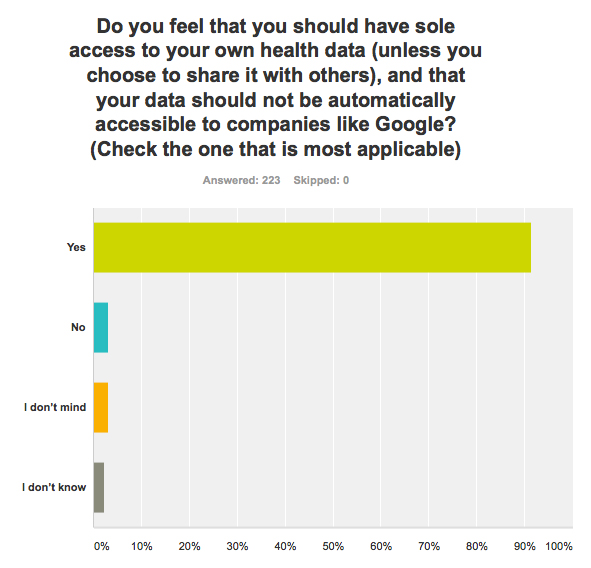 Fig 1. Preliminary survey results for Q7[/caption]
Fig 1. Preliminary survey results for Q7[/caption]
- The high cost of natural health is viewed as the single most important factor limiting access to natural health, closely followed by difficulty finding the right practitioner and conflicting information (Fig 2)
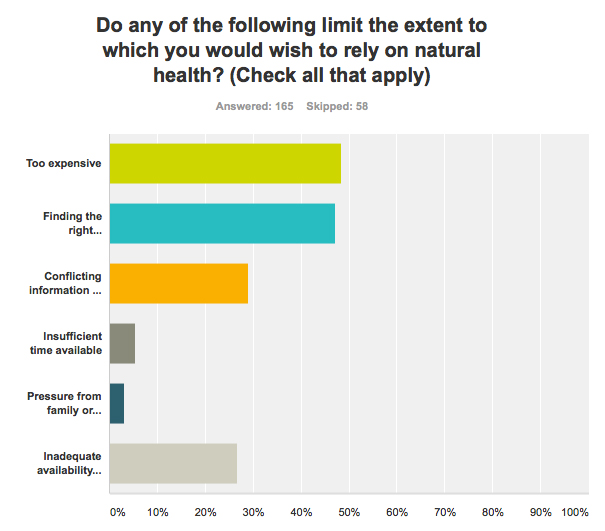
Fig 2. Preliminary survey results for Q8
- Over half of respondents feel that pharmaceutical drugs are “of no importance” in the management of their current health, although a quarter believe them to be sometimes important. Just over 5% feel they are very important (Fig 3)
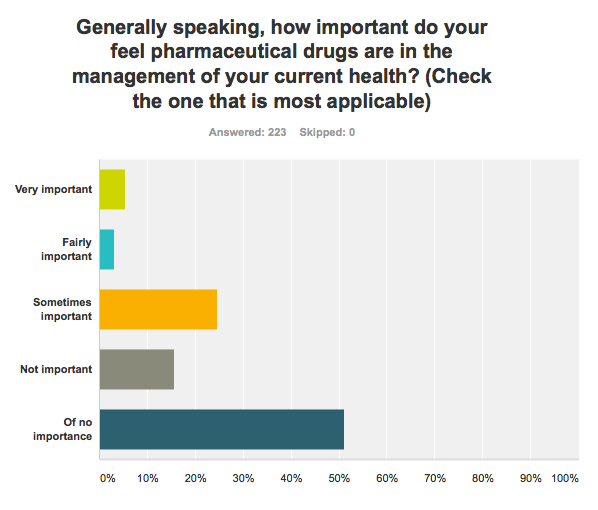
Fig 3. Preliminary survey results for Q3
- Nearly nine out of ten respondents use food supplements, herbs or other natural remedies to help manage their health three or more times a week
- Over half of the respondents feel that regulations are responsible for reducing their choice of natural health products during the last 5 years with another half of these feeling they have lost “a lot” of choice
- The Internet and books dwarfed all other sources of information on health management, 71% and 54% respectively. Integrated or naturopathic doctors are the most important source for 19% of respondents with natural health practitioners being more important for double this number (39%) (Fig 4)
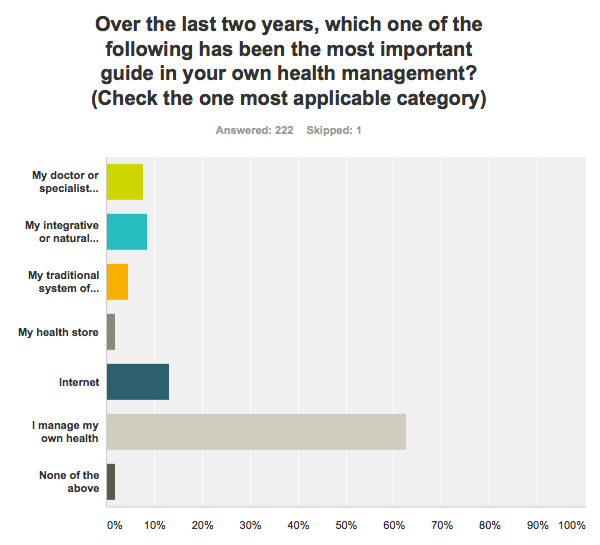
Fig 4. Preliminary survey results for Q4
- Around one-third of respondents have been using some kind of health monitoring technology (e.g. blood pressure, blood glucose, body composition) during the last year, although only 20% use some kind of physical activity tracking device
- Nine percent of respondents have found their primary healthcare provider (general practitioner) “very resistant” to natural health remedies and only 6% “very open”. The largest two categories were those who were “fairly resistant” (19%) and those who had “no particular stance” (18%)
About the respondents:
- Survey respondents as of 10 May 2016: 223. The target number of respondents by the end of May is 1000.
- Seventy percent of these initial respondents were from the UK, with 16% from other countries in Europe. Eight percent were from the USA.
- Seventy three percent of the initial respondents were female with most (58%) in the 45-64 age category. Twenty-four percent were 65 or over and 15% were between 25 and 44.
- Seventy-three percent described their current health status as “excellent” or “good”. Only about 5% described their health status as “not good” or “not very good”.
Please share the survey link!
To those who’ve completed the survey, we thank you for your input!
Please help us reach our target number of surveys (1000). Please share the survey link in any way you can, with your friends and contacts, and please keep your online survey responses coming in!
We acknowledge there’s been no attempt to randomly select respondents, so the responses do not reflect society-wide trends. They reflect only the trends of the respondents, who will likely have above-average interests in natural health and self-care.
We’ll keep you updated on interim and final results in the meantime.




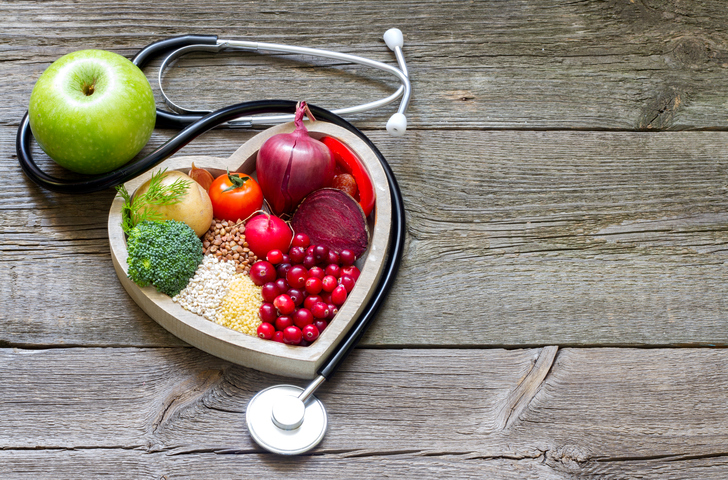



Comments
your voice counts
11 May 2016 at 8:50 pm
I am delighted to see the highly intelligent results of the survey. It is so good to know that people are responding to the unethical pharmaceutical industry with such strong opinions. The future looks much brighter than the past, well done to all that took part.
19 May 2016 at 11:46 am
Generally GP's tend to over prescribe drugs for imbalances which could be more effectively treated by more effective methods, physic-therapy, counselling, healing treatments, correct diet & not forgetting the most important thing daily exercise.
A well balanced life style leads to a healthy person, imbalances remedied with drugs does not reach the core issue of the problem.
21 July 2016 at 10:22 pm
As a Naturopath Practitioner and Certified Health Coach I am less victimized by the 'industry.' Aside from routine wellness, I am at risk in areas of bodily trauma... say from an accident resulting in damage to bone trauma, etc.
With a recent (only) experience, I was victim to the traditional band aid approach... sent out to sea floating in a life vest with no further instruction. I was given (an overdose) of anti-inflammatory steroids... Kicking and screaming all the way... I succumbed for a few days due to the pain, which resulted in a severe reaction to the mg prescribed, resulting in purpura (internal bleed). Dr.'s faces said more than they did... In addition, reading the medical summary's of my treatment, the errors in dosing alone left me shaking my head. How many out there are victimized by unattentive, it's a job only, health care personnel?
Literally... this medical error could have killed me, had I not known what to do, and what was occurring.
Unfortunately… I was at their mercy. I had a bodily injury that needed their attention and care. These are the times I fear most. This is when I do all that I can, and leave the rest to our ‘MASTER PHYSICIAN,’ and pray.
There is a place for all healing. Many contribute immensely. Many fail...
I choose life. I choose wellness. It's a lifestyle change that will save the state of 'healthcare.' - EDUCATE... And STOP THE GREED.
Had I not known what to do, I would still be floating, waiting... only to be addressed with more meds, and quite possibly… looking ‘forward’ to complete disability, or - even worse… life’s end.
Unethical - Unattentive - Error Laden - Time Driven - Profit Driven - MEDICAL INDUSTRY - MUST END!
WHAT ever happened to the Hippocratic Oath?
Your voice counts
We welcome your comments and are very interested in your point of view, but we ask that you keep them relevant to the article, that they be civil and without commercial links. All comments are moderated prior to being published. We reserve the right to edit or not publish comments that we consider abusive or offensive.
There is extra content here from a third party provider. You will be unable to see this content unless you agree to allow Content Cookies. Cookie Preferences